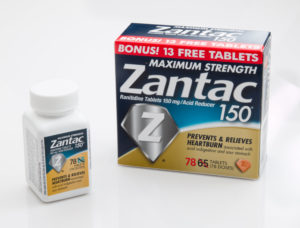UnitedHealthcare pulls out of most state health marketplaces
The nation’s largest private insurer, UnitedHealthcare, has decided to pull the plug on its participation in most state health insurance marketplaces.
The decision is driven by financial losses on claims from beneficiaries in the marketplaces, UnitedHealthcare CEO Stephen Hemsley said in a phone briefing Tuesday. UnitedHealthcare served almost 800,000 people across 34 states in 1Q 2016 alone, noted a KHN article. The company lost about $475 million in the state exchanges in 2015, and cannot continue to participate on “an effective and sustained basis,” Hemsley said.
The company is in the process of removing its plans from the exchanges in Arkansas, Georgia, Michigan and Tennessee, and expects to remain in "only a handful of states" by 2017, Hemsley said.
People who purchase health insurance through the state marketplaces tend toward higher rates of specific illnesses that require long-term treatments and maintenance, including diabetes, heart disease and hypertension, according to a new report from insurer Blue Cross Blue Shield, which found that recent enrollees in the BCBS state marketplace plans created by the Affordable Care Act consumed “significantly more medical services in their first year of coverage,” including everything from hospital visits to prescription medications and professional services. On average, the costs associated with medical services for marketplace enrollees were 22 percent higher than for other types of enrollees, the report showed.
UnitedHealthcare also has different irons in the fire going forward—including becoming a provider organization. Earlier this spring the company launched its Harken Health brand, which already has 10 primary care centers in Georgia and Illinois, according to an article in our sister-publication, Behavioral Healthcare.

Pamela Tabar was editor-in-chief of I Advance Senior Care from 2013-2018. She has worked as a writer and editor for healthcare business media since 1998, including as News Editor of Healthcare Informatics. She has a master’s degree in journalism from Kent State University and a master’s degree in English from the University of York, England.
Related Articles
Topics: Clinical , Executive Leadership , Regulatory Compliance










